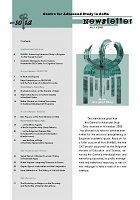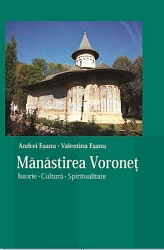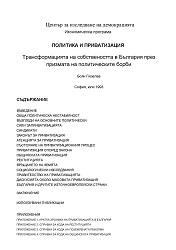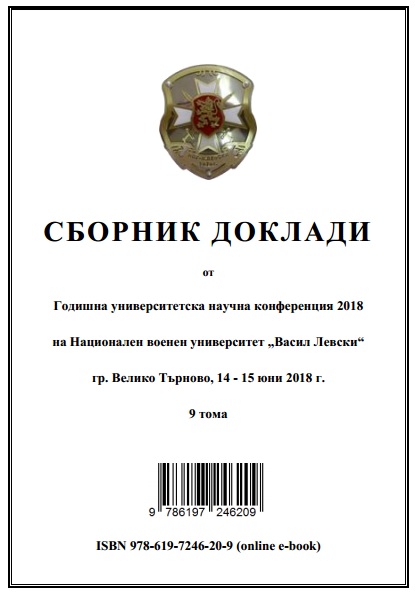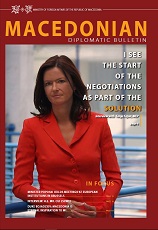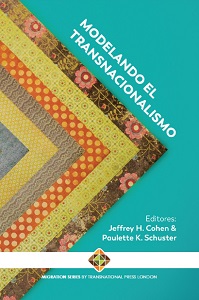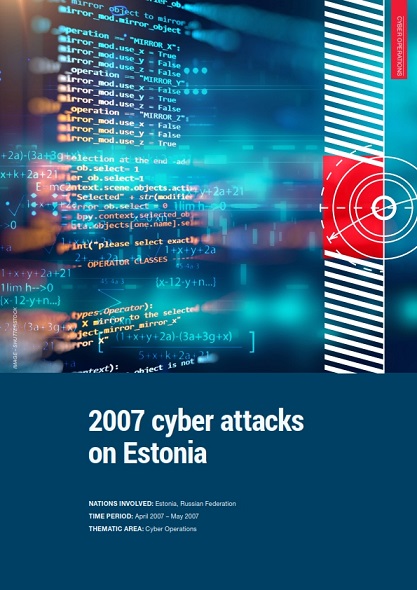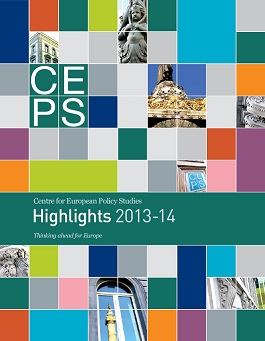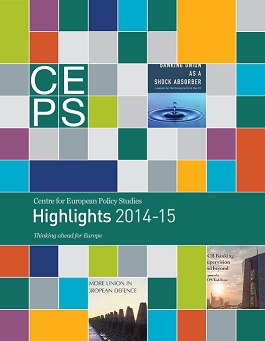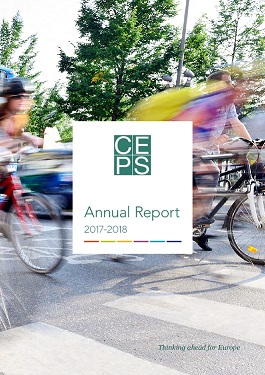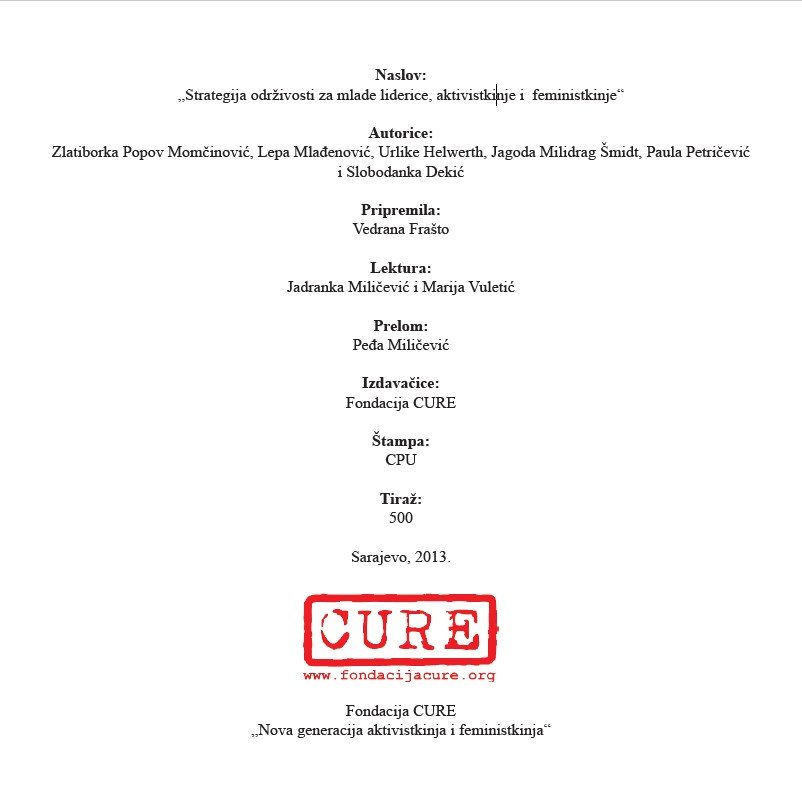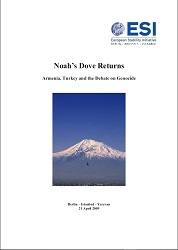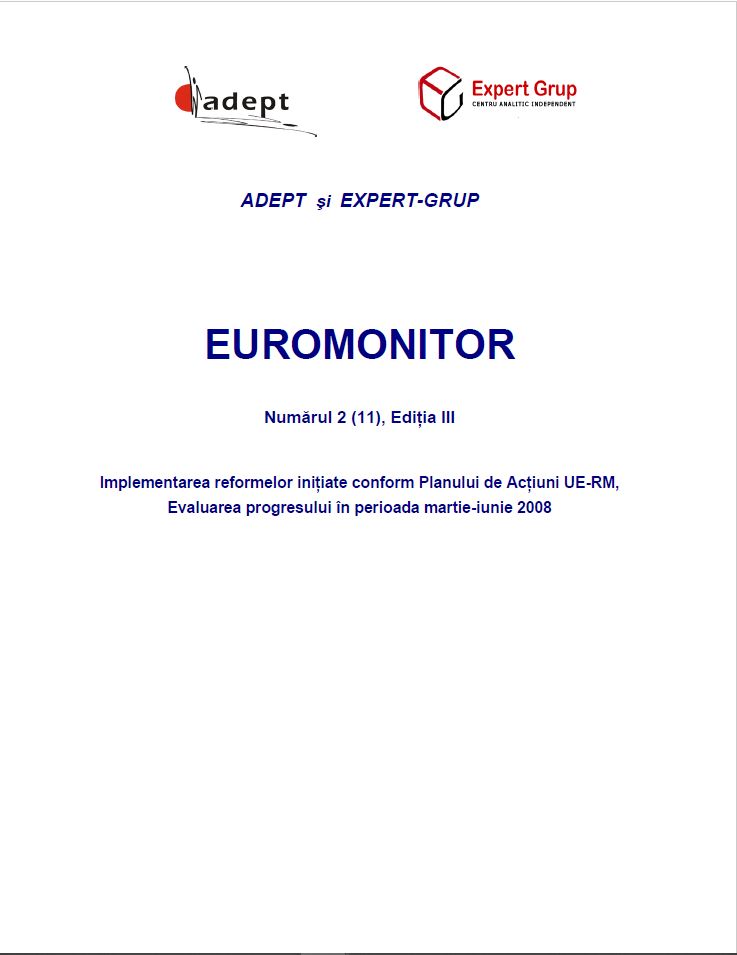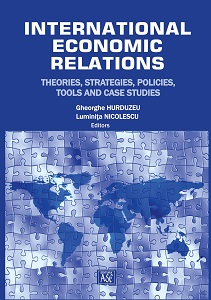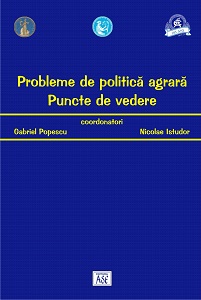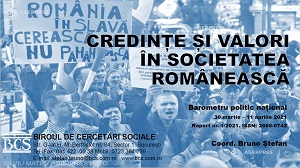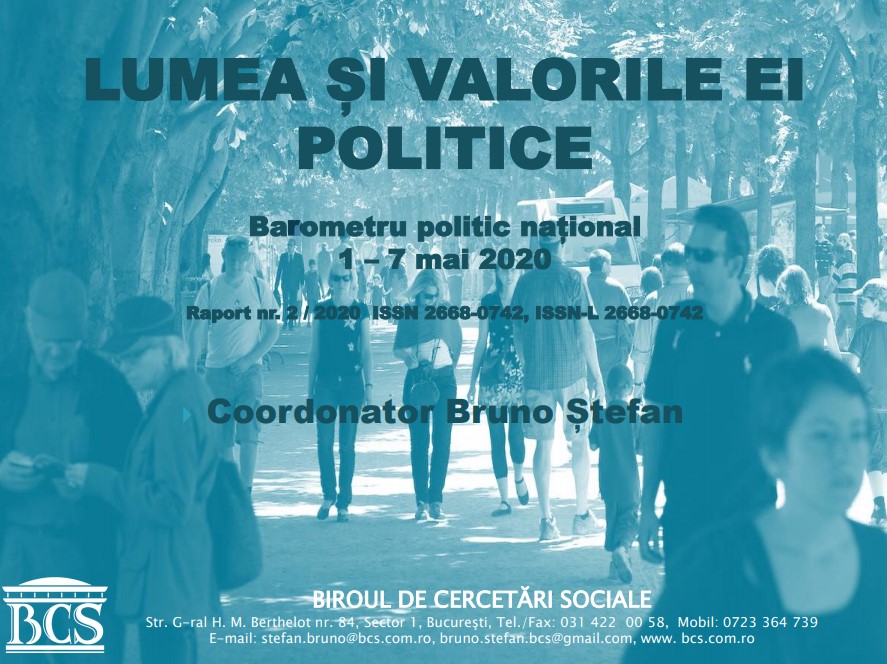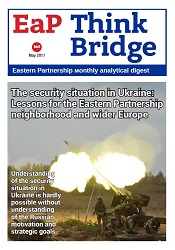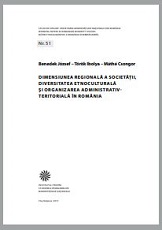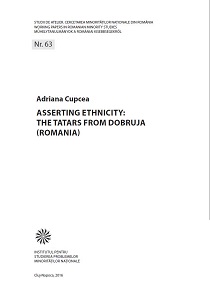EXECUTIVE SUMMARY. 2007 CYBER ATTACKS ON ESTONIA
Author(s): Author Not Specified / Language(s): English
Keywords: Estonia; cyber attacks; Distributed Denial of Service (DDoS); government; malicious network traffic; security;
In April and May 2007, Estonia became the target of a coordinated cyber attack. Over a three-week period, government and parliamentary portals, ministries, news outlets, internet service providers, major banks, and small businesses were all targeted, predominantly by a Distributed Denial of Service (DDoS). The cyber attack coincided with the Estonian government’s decision to relocate the ‘Bronze Soldier Memorial’ in Tallinn, which led to significant civil disturbance in both Estonia and Russia. The vast majority of malicious network traffic was of Russian-language origin and had indications of political motivation. The Russian government denied any involvement; however, the cyber attacks were accompanied by hostile political rhetoric by Russian officials, unfriendly economic measures, and refusal to cooperate with the Estonian investigation in the aftermath of the attacks, all of which likely encouraged the perpetrators. The attacks caused some disruption and economic cost to Estonia. Perhaps more importantly, though, they exposed Estonia’s vulnerabilities, and demonstrated the potential of cyber attacks to cause far more lasting damage if intended. However, the incident also demonstrated Estonia’s capabilities and resilience in countering the cyber attacks. Ultimately, the shock caused by the cyber attack led to a significant strengthening of cyber defence capabilities, institutions and legislation in Estonia, the European Union, and NATO.
More...
